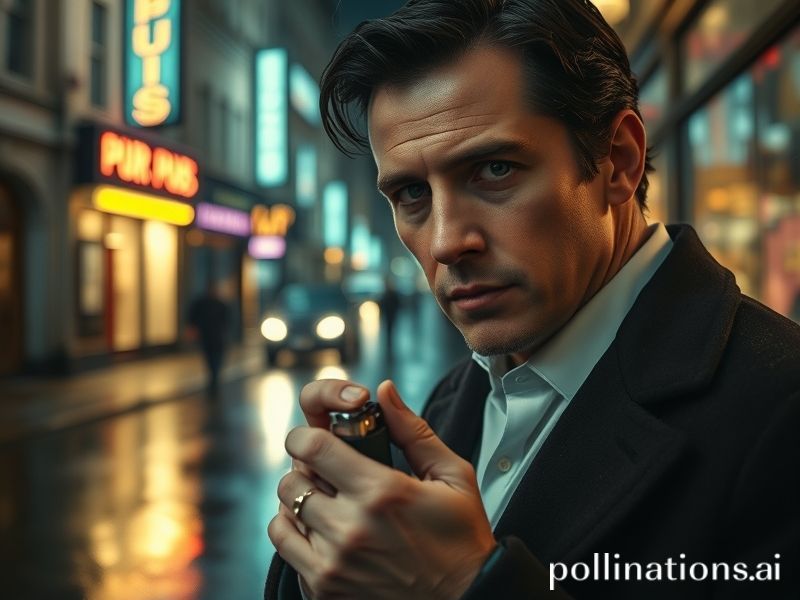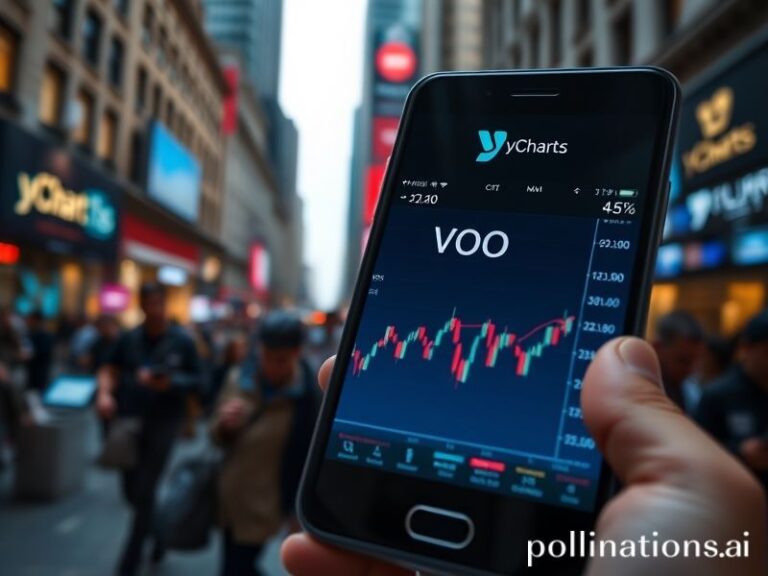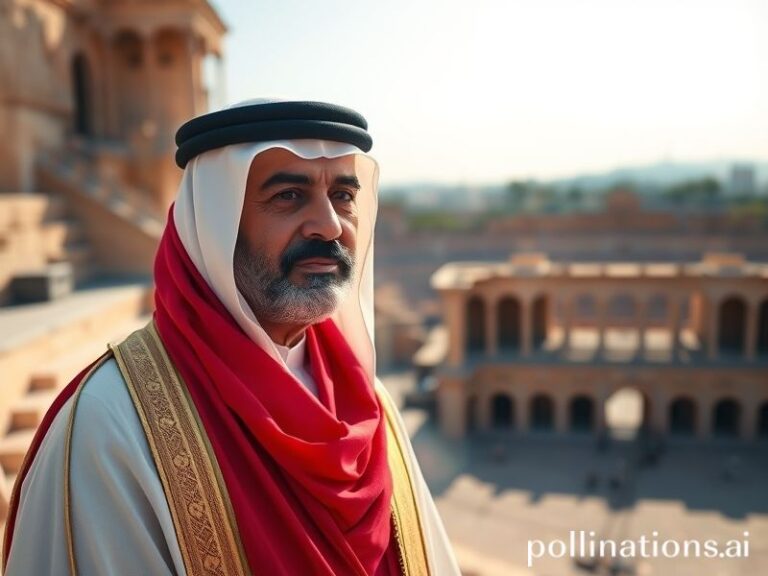The Global Bale-Out: How Christian Bale Became the World’s Favorite Identity Tourist
**The Global Bale-Out: How One Welshman Became Hollywood’s Favorite Emotional Refugee**
In an era when nations erect walls faster than teenagers build TikTok followings, Christian Bale has made a career of transcending borders—though usually while running from explosions or toward Oscar nominations. The Welsh-born actor’s latest metamorphosis in “The Pale Blue Eye” reminds us that in our interconnected world of streaming services and cultural imperialism, even a boy from Haverfordwest can become everyone’s favorite American psycho, Batman, or vice president of vice.
Bale’s international significance extends beyond his passport-defying ability to sound like he was born anywhere from Colorado to Gotham. While politicians debate globalization’s merits, Bale has quietly become its poster child—an Englishman who plays Americans better than most Americans, all while maintaining that peculiar British talent for making dental transformation seem like method acting. His physical metamorphoses have become the stuff of legend, transforming his body with the dedication of a developing nation trying to meet IMF requirements, except with more personal trainers and fewer structural adjustment programs.
The global implications are staggering. In a world where cultural appropriation triggers Twitter wars, Bale has somehow achieved diplomatic immunity through sheer commitment. He’s played everyone from Moses to Dick Cheney, collecting accents like some people collect passport stamps—though unlike your gap-year nephew, he actually returns home with something to show for it. His transformation into Cheney for “Vice” required gaining 40 pounds, making him perhaps the only method actor to risk Type 2 diabetes for democracy.
What makes Bale particularly fascinating to the international observer is his embodiment of our modern paradox: the more connected we become, the more we crave authenticity, even if it’s delivered by a Welshman pretending to be a Texan pretending to have a heart. His performances resonate globally because they tap into universal themes—alienation, ambition, and the peculiar human tendency to scream at lighting assistants during particularly stressful moments on set.
The actor’s influence extends into the very fabric of international cinema economics. His presence in a film guarantees distribution deals across continents faster than you can say “dark knight rises in 47 languages.” From Shanghai to São Paulo, audiences line up to watch Bale method-act his way through another psychological breakdown, perhaps finding comfort in watching someone else’s identity crisis when their own nations seem to be having one collectively.
Bale’s career trajectory mirrors our globalized world’s contradictions. While he transforms himself completely for each role, he remains distinctly Bale—a walking metaphor for cultural fluidity in an age of hardened borders. When he dropped his American accent for that infamous on-set rant, revealing his natural Welsh lilt, it was like watching globalization itself have a nervous breakdown: the mask slipping to reveal the complex reality underneath.
In the end, perhaps Bale’s greatest performance isn’t any single role but his ability to make us believe that identity is fluid, nationality is negotiable, and that with enough dedication (and potentially dangerous weight fluctuation), we can all be whoever we want to be. In a world where nationalism is making its predictable comeback like a bad movie sequel nobody asked for, Bale stands as a reminder that we’re all just actors waiting for our close-up—some of us just get paid better for it.
As streaming platforms erase geographical boundaries faster than trade agreements, Bale’s brand of shape-shifting stardom feels prophetic. He’s not just playing characters; he’s playing our collective anxiety about identity in an age where you can be anyone, anywhere, anytime—provided you have the right dialect coach and an alarming disregard for your cardiovascular health. In that sense, we’re all Christian Bale now, desperately trying to transform ourselves while wondering if there’s still a real person underneath all the roles we play.







